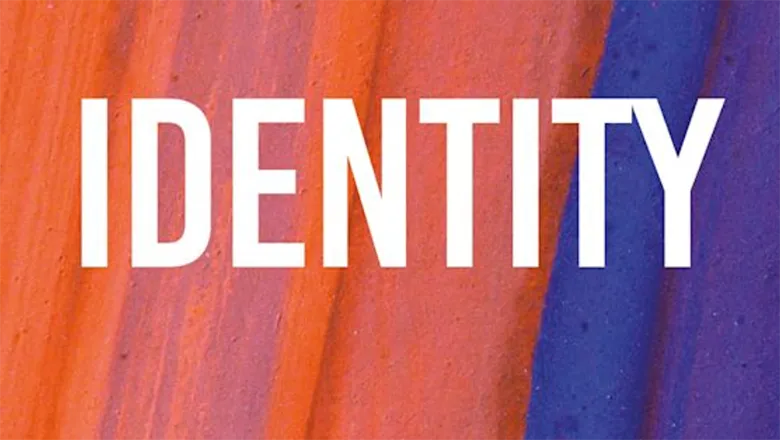Identity is a defining keyword of modern society. Issues of identity are central to explorations of what it means to be a teacher and teacher educator. In the book, I highlight the conflicts and emotions inherent in the formation of the professional identity and explore the advantages of collaborative practices in the ongoing development of empowering teacher educator identities.
Dr Sarah Steadman, Lecturer in English Education, School of Education, Communication & Society, King’s
23 May 2023
King's academic puts identity at the heart of teacher education in new book
The director of the PGCE English programme at King's argues against the current narrow view of accountability of education and in favour of teachers and teacher educators having space to articulate and develop their identities.

Dr Sarah Steadman, Lecturer in English Education in the School of Education, Communication & Society (ECS) at King’s College London, has just published Identity: Keywords in Teacher Education.
The book is part of the Keywords in Teacher Education series from Bloomsbury Academic, under series editor Viv Ellis (of Monash University, previously at King’s), which provides accessible analyses of the historical emergence and central debates in teacher education through Raymond Williams’s concept of keywords (1976).
Steadman, who is also the programme director of the PGCE English at King's, chose to focus on Identity in response to the dramatic rise in so-called identity politics in mainstream politics in recent years. Debates around definition and usage have highlighted the contested and often controversial nature of the concept of identity, thus further illustrating its contemporary relevance.
Conscious of the innovations in teacher education that have been articulated in response to the global crisis, Steadman explores how these offer new ways of analysing professional identity. She said: “The complex and contested view of teacher identity offers a lens for the exploration of the personal and the professional, informing both what teachers and teacher educators do and think.”
The book has been positively received by educators. Brad Olsen, Senior Fellow at The Brookings Institution, said: “This slim, rich book leads us through the whole (and holistic) history of identity in teacher education – with a focus on definitions and uses of the term, the power of blurring lines among components of teachers and school improvement, and the dynamic nature of teachers learning in a changing world.”
Marking the publication of the book, Dr Steadman answered our questions below.
Why is it important in teacher training, to understand these concepts and changes of teacher identity?
Learning to teach is a complex task, incorporating subject, pedagogical and contextual knowledge. But it also goes beyond these parameters, inviting questions around the motivation to teach, the type of teacher newcomers to the profession want to become and the positioning of teachers in their social and cultural environment. To this end, learning to teach is what Beijaard terms an ‘identity making process.’
Engaging in focused identity work is an important aspect of the role of teacher educators and an essential part of their own professional learning and growth. For teacher educators, centring issues of identity gives a sense of cohesion, enabling the analysis of their multiple roles and acknowledging the interplay between the personal and the professional.
What would you recommend schools / teacher trainers / policy-makers can do about this?
The nuances of the teacher and teacher educator identity are not foregrounded in educational policy. Instead, globally, there is evidence of an increasingly narrow and technocratic view of teacher education that centralises control and restricts the professional autonomy of teacher educators. Policy framed around effectiveness with an emphasis on issues of accountability and responsibility restricts the development of a dynamic identity grounded in the personal and enacted in a variety of contexts and in response to the needs of the individual.
Nowhere is this more evident than in England, where reforms to both the content of ITE and teacher induction and early career professional development have served to restrict the space for reflection and teachers’ expansive learning. As such, collaboration between schools, universities and communities is essential in the ongoing development of teacher and teacher educator identities and the provision of relevant and democratic education for all.

